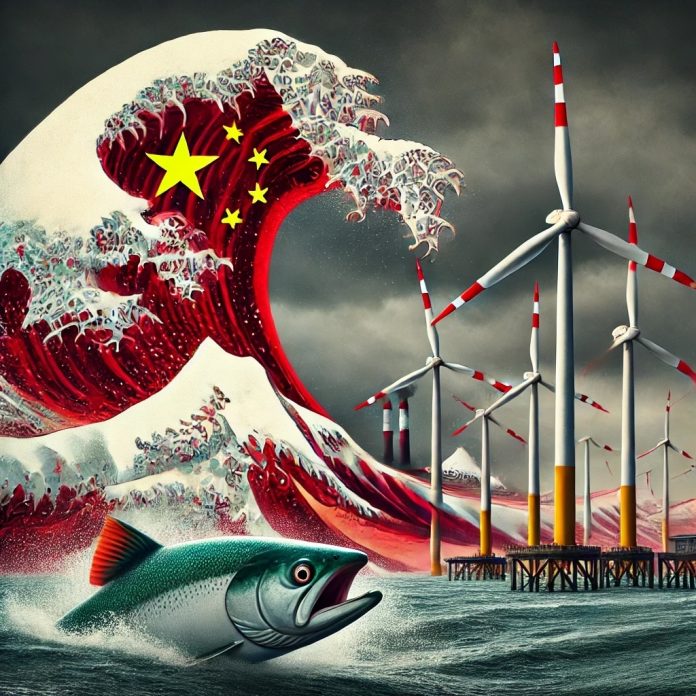The Norwegian Salmon Industry: A Case Study in Economic Retaliation
In 2010, the Norwegian Nobel Committee awarded the Peace Prize to Chinese dissident Liu Xiaobo. Beijing responded not with diplomatic protest, but by effectively shutting Norwegian salmon out of the Chinese market. The restrictions were never officially labeled as sanctions, but exporters found their fish held up at customs, subject to unexplained delays, new health inspections, and bureaucratic hurdles. It took six years and a carefully worded diplomatic concession before trade was fully restored.
The Cost of Political Retaliation
The economic damage to Norway was significant. Between 2011 and 2013, Norwegian seafood exports to China declined by an estimated $125 to $176 million, according to a study published in International Political Science Review. Broader estimates suggest that Norway’s total exports to China—including other industries—were between $780 million and $1.3 billion lower than they would have been without the dispute. A separate analysis using a trade gravity model estimated that by 2016, Norway’s exports to China remained 21% below expected levels, amounting to a cumulative loss of approximately $5.5 billion. The salmon industry was particularly hard-hit, with fresh and chilled salmon exports collapsing by 92%, causing estimated losses of up to $3 billion over six years. Meanwhile, competitors like Scotland, Chile, and the Faroe Islands filled the gap, gaining market share at Norway’s expense.
The Concessions Required to Resume Trade
Restoring trade with China required more than just economic negotiations—it demanded diplomatic concessions. Norway’s government took a quieter stance on human rights in an effort to mend ties. In 2014, it declined to meet with the Dalai Lama, a decision widely interpreted as a gesture to avoid further angering Beijing (CMI report). By 2017, an agreement was reached to fully restore Norwegian salmon exports, but it came at a cost: a tacit understanding that Norway would avoid challenging China’s “core interests.”
Offshore Wind: A Far Greater Risk
If China was willing to impose a six-year economic punishment over the actions of an independent Nobel committee, what leverage could it exert if it were embedded in the UK’s offshore wind infrastructure? Unlike salmon, which can be redirected to alternative markets, a nation’s electricity grid is a fixed asset—once infrastructure is built, it cannot be easily replaced or restructured in response to geopolitical tensions.
Chinese companies already play a dominant role in the global supply chain for wind turbine components, from manufacturing to critical raw materials like rare earth elements. Integrating them into the UK’s energy sector would create long-term strategic vulnerabilities. A future dispute—over human rights, Taiwan, or UK foreign policy—could result in anything from delays in spare parts to outright cyber threats (The Times). Beijing’s track record suggests it is more than willing to use trade as a weapon.
A Lesson in Economic Dependence
Norway’s salmon industry learned the hard way that reliance on China comes with political strings attached. The UK must ask itself: does it want to risk the same outcome—but with something as vital as its energy grid? Short-term economic benefits should never outweigh long-term security risks. A diversified, secure supply chain may not be the cheapest option—but it is the only one that ensures true energy independence.


